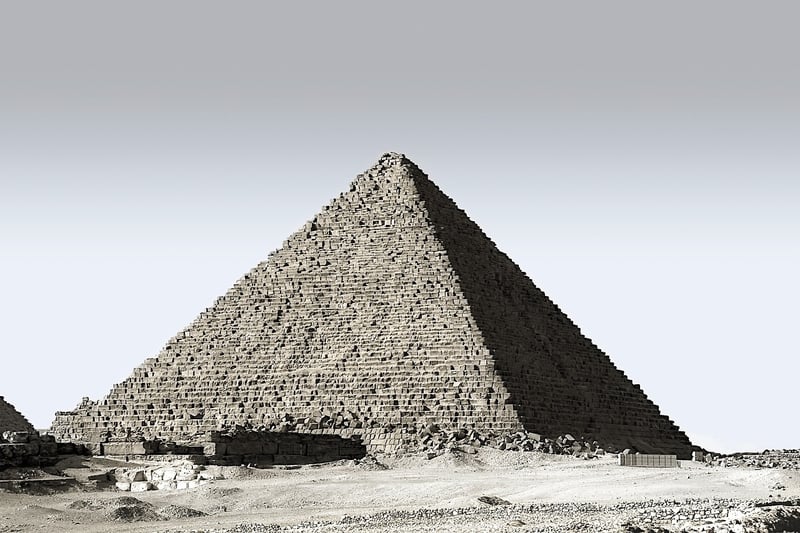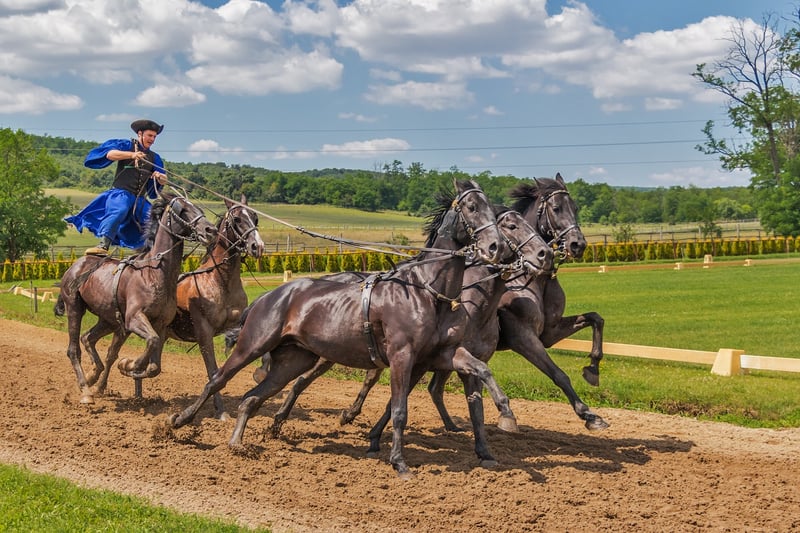Historical Events
Exploring Different Time Periods and Historical Events
History is a vast tapestry woven with the threads of time, each period contributing unique colors and patterns to the overall fabric. By delving into different time periods and understanding the historical events that shaped them, we gain a deeper appreciation for the world we inhabit today.
Ancient Civilizations
Ancient civilizations like the Egyptians, Greeks, Romans, and Mayans laid the foundation for much of modern society. From the construction of the pyramids to the development of democracy, these cultures left a lasting impact on art, architecture, philosophy, and governance.

The Middle Ages
The Middle Ages, spanning from the fall of the Roman Empire to the Renaissance, were marked by feudalism, chivalry, and the rise of powerful kingdoms and empires. The era saw the construction of magnificent cathedrals, epic battles, and the spread of Christianity across Europe.

The Age of Exploration
The Age of Exploration, led by adventurers like Christopher Columbus and Vasco da Gama, opened up new worlds and ushered in an era of globalization. Discoveries of new lands, trade routes, and cultures forever altered the course of history.

The Industrial Revolution
The Industrial Revolution transformed societies with the invention of steam power, mechanization, and urbanization. Factories sprung up, railroads crisscrossed continents, and new inventions revolutionized agriculture, transportation, and communication.

World Wars
The 20th century witnessed two devastating World Wars that reshaped global politics, economies, and societies. The aftermath of these conflicts led to the rise of new superpowers, the Cold War, and advancements in technology that defined the modern era.

By exploring different time periods and historical events, we can gain insights into the triumphs and tragedies of humanity's journey through the ages. Each era holds valuable lessons and stories waiting to be discovered, offering a glimpse into the rich tapestry of our shared past.
